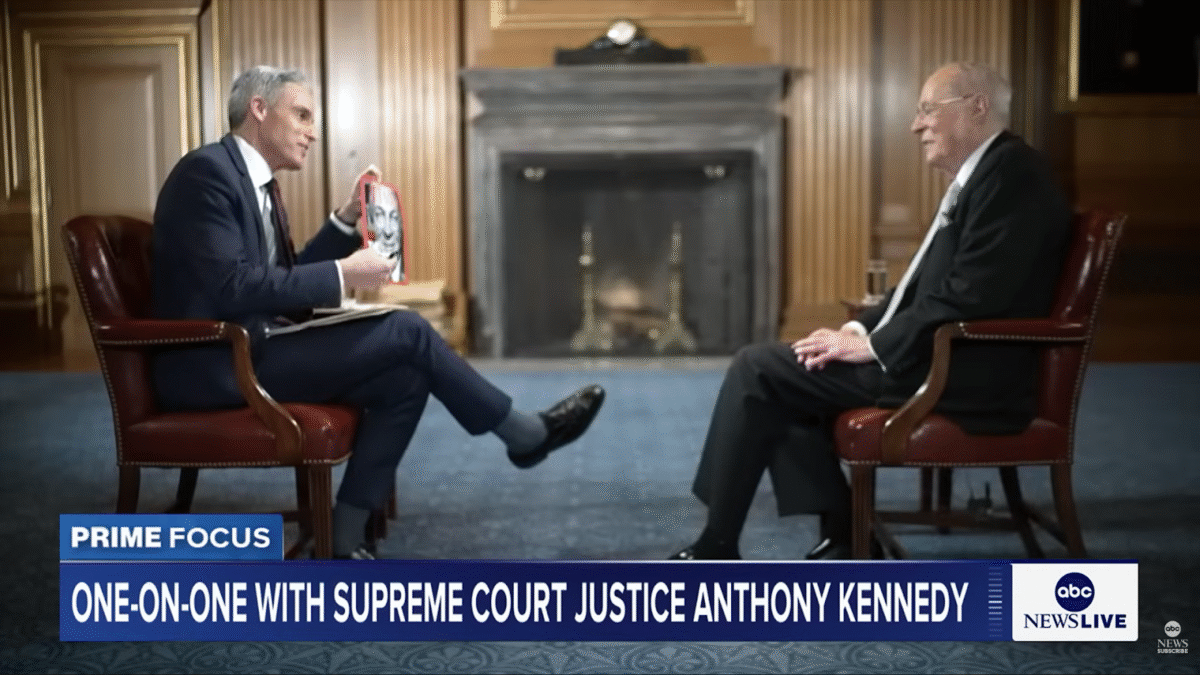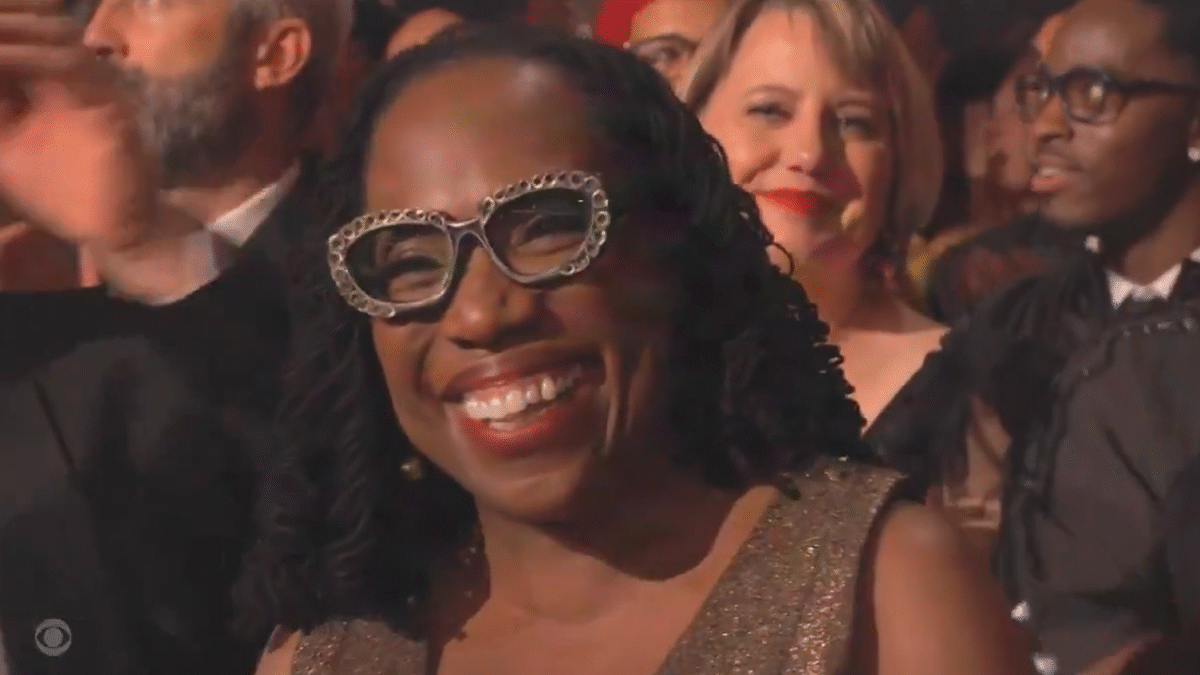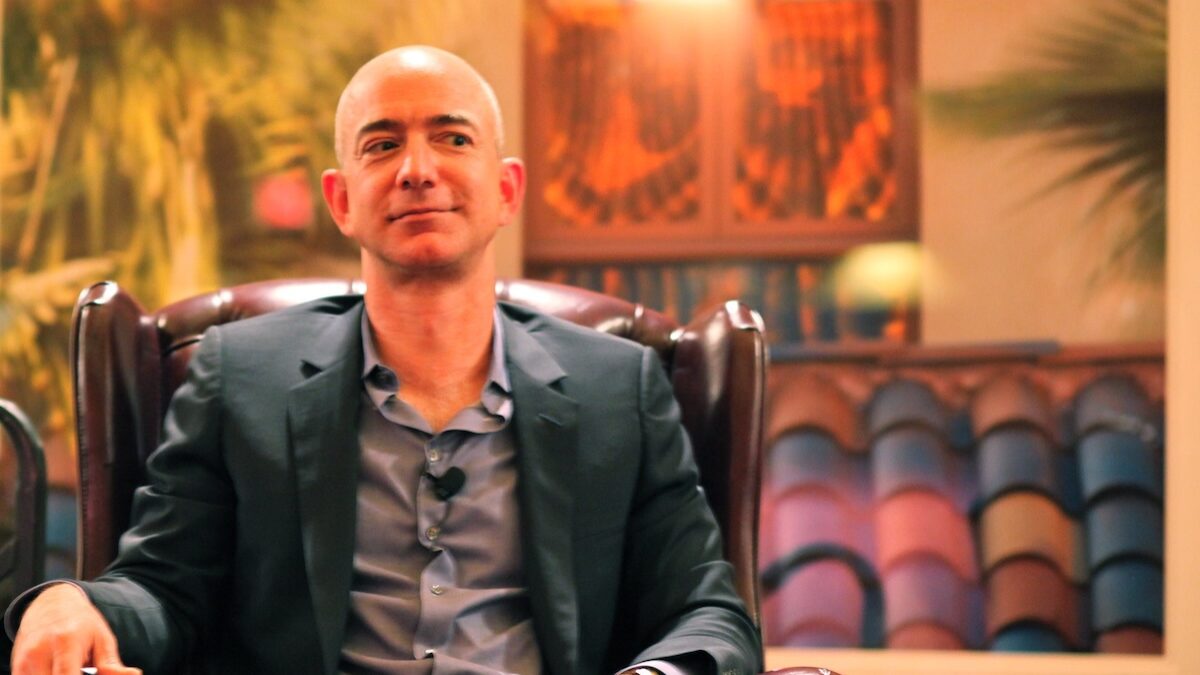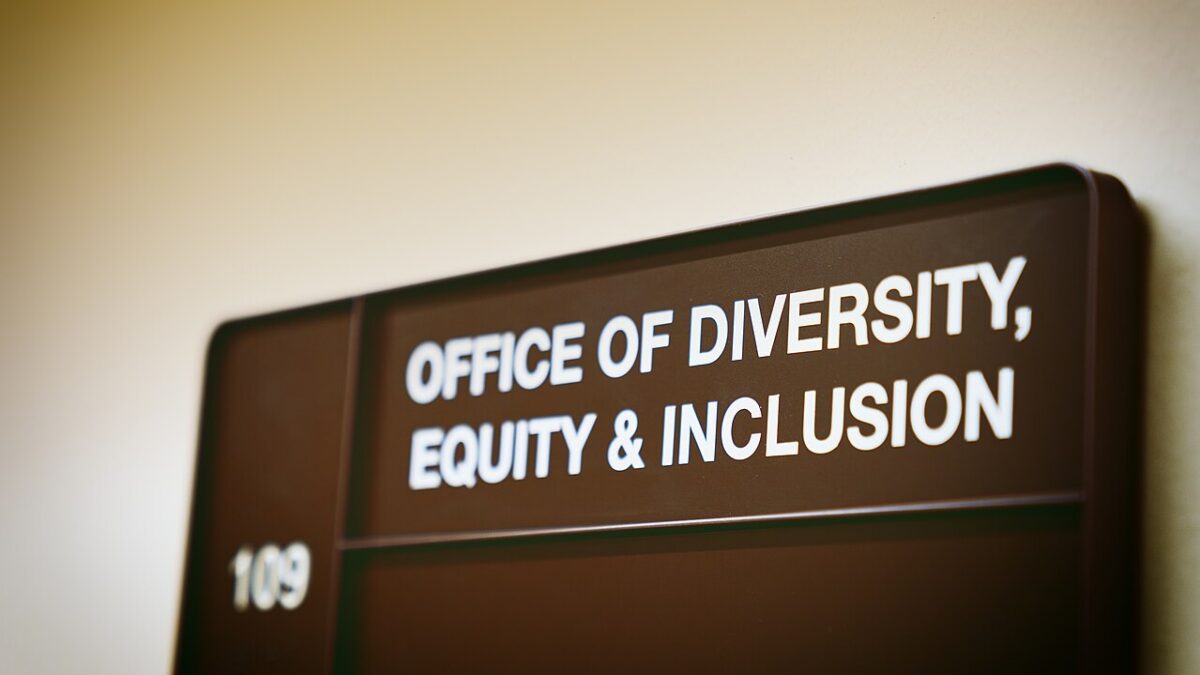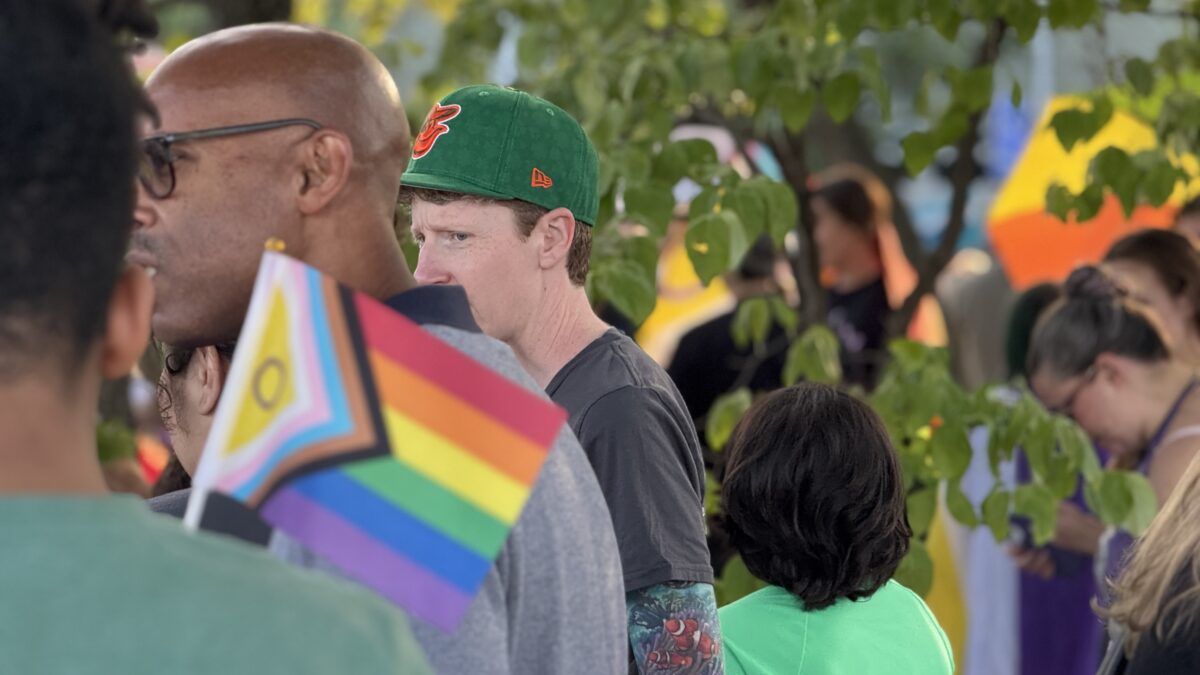CNN completed its four-part series on President Nixon last Sunday evening with a panel discussion between John Dean, Richard Ben-Veniste, Carl Bernstein, and Tim Naftali, led by Anderson Cooper. Last month, one of their producers had reached out to me, seeking someone to participate who would represent Nixon’s point of view.
The producer and I discussed the 39 documentaries, co-sponsored by the National Archives, that I’d helped to produce since 2010 on President Nixon’s various public policy initiatives, as well as my extensive research, writing, books, and lectures on the inside story of the Watergate scandal, where I served as deputy counsel during the last 10 months of the Nixon administration.
The producer assured me that CNN was committed to presenting a balanced view, but she never even called back, and I think I know why: I would have presented a dramatically different and disruptive point of view from the other pre-packaged panelists.
For example, I would have asked Dean, a convicted felon who was sentenced to 1-4 years in prison and disbarred from practicing law for his key role in the Watergate cover-up, why he was freed immediately after the cover-up trial (where he’d been the prosecutor’s lead witness) and had never actually spent a single night in jail.
While seldom mentioned, Dean’s leadership role in the cover-up included, in addition to obstruction of justice, rehearsing Jeb Magruder in advance of his perjured testimony in two grand jury appearances, embezzling some $4,000 of campaign funds from his office safe to pay for his honeymoon, destroying key evidence taken from Howard Hunt’s office safe, and improperly disclosing investigatory information to Watergate defense counsel.
I would have asked Richard Ben-Veniste, deputy of the special prosecutor’s Watergate Task Force and one of the lead prosecutors in the cover-up trial, just what was discussed in the secret meeting he attended between the four top prosecutors and trial judges John Sirica and Gerhard Gesell on December 14, 1973—just days after Sirica had turned over key White House tapes to the prosecutors.
I also would have asked how Ben-Veniste appears to have secretly assured Watergate grand jurors, as well as House Judiciary Committee staff, that President Nixon had personally authorized the blackmail payment to Howard Hunt, when he failed to prove that allegation in the later cover-up trial.
Finally, I would have asked just how he could have claimed, when the cover-up verdicts were announced, that “justice was done” when he knew of the whole series of secret meetings prosecutors had held with Judge Sirica, of prosecutors’ failure to share exculpatory information that would have seriously undercut the veracity of their two lead witnesses, and their highly improper indictment of Charles Colson (a prominent Republican) on the flimsiest of evidence, especially when coupled with their decision not to indict Hunt’s lawyer, William Bittman, who was far more culpable.
I would have asked Carl Bernstein, who admitted in 2012 that he and Bob Woodward had lied about not having interviewed Watergate grand jurors and had misrepresented their stories in “All the President’s Men” as having been sourced from interviews with re-election committee secretaries. I would have asked how he could have claimed after the Watergate convictions that “the system worked, the American system worked,” when Watergate trial judges met in secret with prosecutors and other interested parties on at least a dozen occasions.
A specially recruited, 100-person team of highly partisan officials, whose top 17 lawyers all had served in the Kennedy/Johnson Department of Justice, postponed any Watergate indictments while they launched investigations into every aspect of the Nixon presidency, sent IRS and FBI agents to interview some 150 GOP donors to the 1970 midterm elections, and investigated (and leaked the results from) each and every potential GOP candidate for the 1976 presidential election, including Jerry Ford, Nelson Rockefeller, Bob Dole, and even Ronald Reagan—none of whom had even the remotest connection with the Watergate scandal.
I would have asked Tim Naftali, the disgraced archivist who was the first director of the Nixon Library, just how it was that he produced a hugely one-sided Watergate exhibit, without even the merest mention of any of the above improprieties, when I had brought them to his personal attention in our many meetings over the prior year.
No, CNN had good reason not to include me on this panel: I would have brought up many, many issues and incidents that would challenge conventional wisdom about Watergate.


